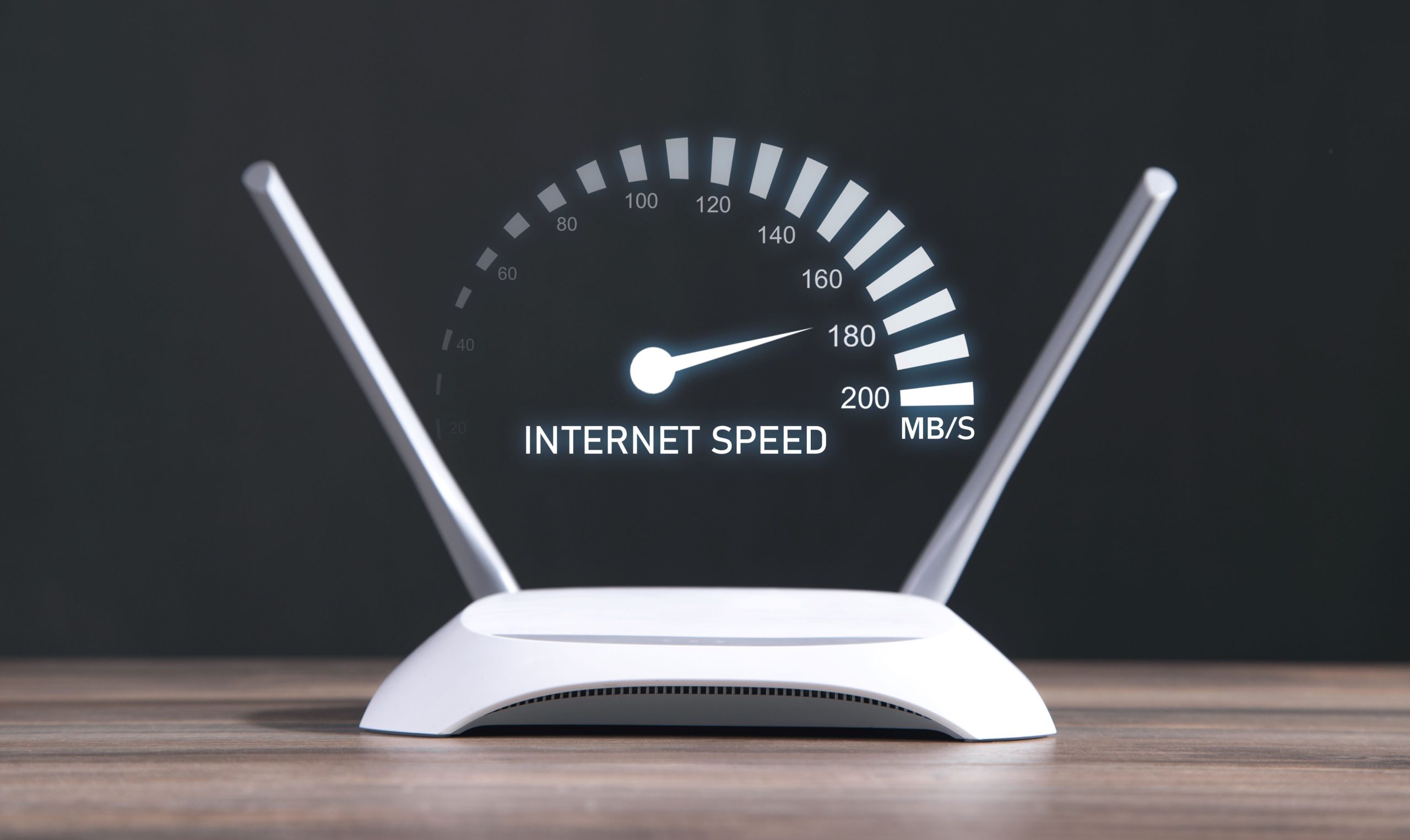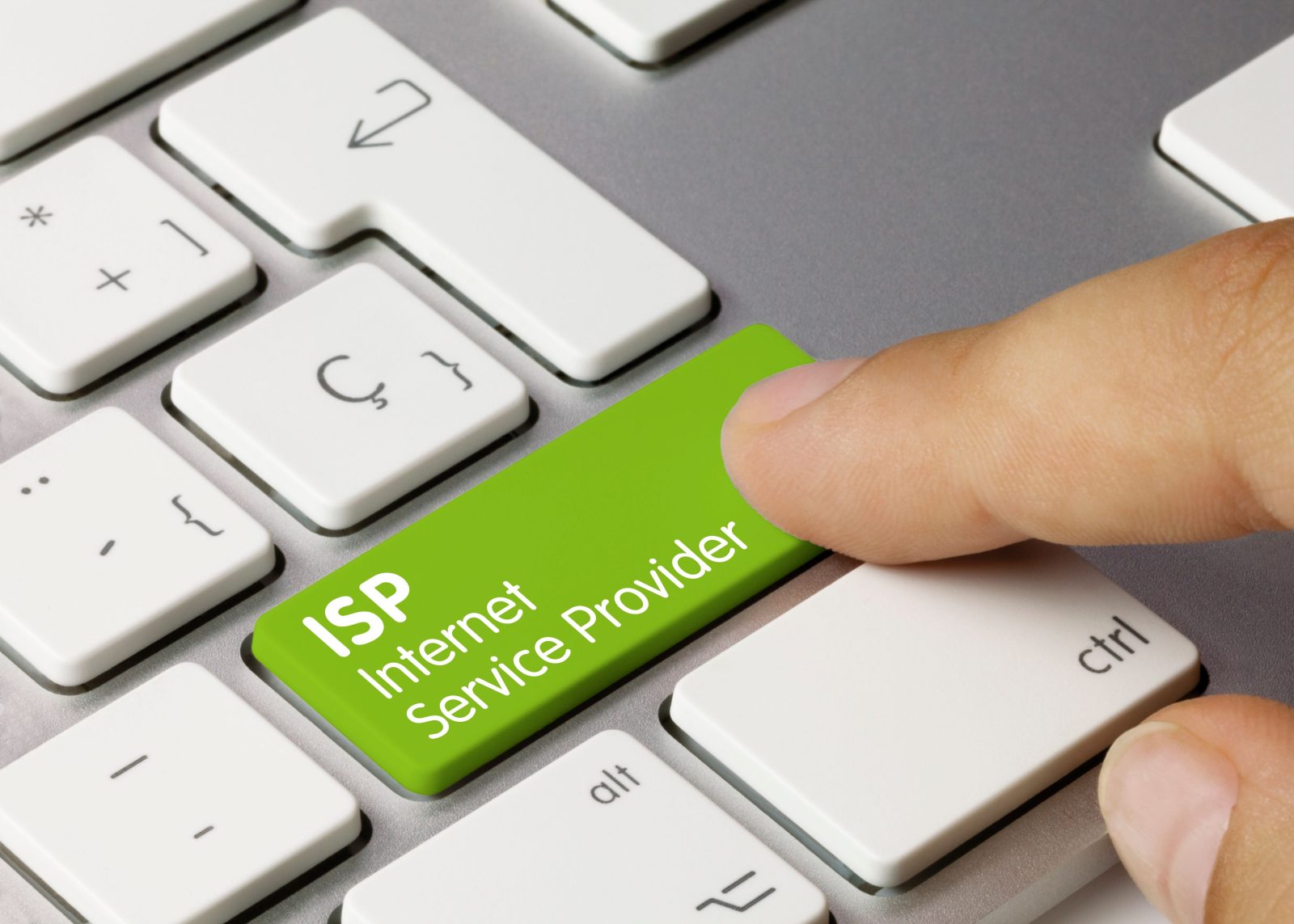
Households and industries today are heavily reliant on the internet. It’s almost close to impossible to find someone without any access to the internet at all. More than the luxury it used to be in the past, it’s now a necessity. It keeps businesses and jobs running, along with many other functions in today’s modern world, one of the newest being education.
Those examples alone should be more than enough to prove and show the striking importance of having a reliable internet connection. This is made possible by choosing a reputable internet provider in Hamilton offering high-quality services and customer service.
Choosing a new internet service provider can be daunting, especially when you don’t know what questions to ask. Sure, you’d want to avoid those dire situations of frequent glitches here and there, and ultimately that begins with choosing the best internet provider. We’ve compiled this list of questions to help set you in the right direction before signing that contract. Read on!
- Are There Any Added Costs Beyond The Monthly Bill?
Beware of unpleasant surprises, such as those that make you pay for even more than you need to. When you’ve already been given the price of how much you’ll have to pay monthly, double-check and ask the internet provider in Hamilton if that’s a catch-all rate. This means no more hidden or added costs.
While you’re talking about the fees, it’s a bonus to ask about matters like:
- How much are the initial equipment costs for the router and modem?
- How much is the one-time installation fee?
Generally, you’ll be charged more during the installation, as that’s meant to cover everything from signing the contract to purchasing the equipment and the installation process itself. Subsequently, you’ll have to pay the monthly cost or subscription fee for the internet service.
- Are The Speeds Guaranteed?
There’s a very good reason why most ads for internet services will have the ‘up to’ phrase. It’s to keep expectations realistic, where the highest level of speed promised is only a possibility. It may not always be guaranteed, depending on factors like weather conditions or other glitches from the internet provider themselves.
Even the company itself can’t control natural factors like weather conditions. But the difference now lies in how good their service is such that internet connectivity problems due to internal company issues aren’t as frequent as they may be with other providers.
- What Types Of Internet Service Are Available In This Area?
The main types of internet services are Digital Subscriber Line (DSL), cable, satellite, and fiber optic. DSL is usually the slowest, with fiber optic reigning supreme as the most reliable and cost-efficient choice. The availability of options, however, depends on where you’re from, as some regions or areas may not offer as comprehensive internet services selection as others.
Asking what’s available can position you and the internet service provider on the same page as to expectations. Don’t expect to be given a fiber optic option just because a friend of yours in another region using that provider has the same. If other companies don’t have that availability yet, then it’s a location-tied reason, so you may have to wait a little bit more and see which internet provider first offers upgrades.
- What Type Of Connection Do You Offer?
Next to the type of internet service, you’ll also have to ask about the kind of connection. This can either be wired or wireless. The choice of connection type significantly affects speed, so it’s a must to choose wisely, again based on availability.
Due to sheer physics, wireless or satellite connections often offer slower speeds than wired ones. On the other hand, wired connections have better connectivity and speed, one of which is fiber.
- What Happens When There Are Internet Connectivity Problems?
Lastly, this fifth question is a matter of customer service. Even the most stable and highly-qualified internet service providers will go through connectivity issues once in a while. Some of the reasons behind those glitches are beyond anyone’s control, but what matters the most is what they can do and how they troubleshoot those problems.
Asking about what happens when there are problems with the internet connection gives you an idea as to whether or not they have a well-defined plan to troubleshoot or if it’s not a priority for them to do so. Go through customer feedback on their website, portfolio, or social media site to see how trustworthy and reliable the internet service provider is.
The Bottomline
Be it for business, academic, or personal purposes, using the right internet services provides many benefits beyond having a reliable internet connection when needed. Skimp on this choice and use the wrong one, and you’re setting yourself up for even more trouble, like reduced ability to work, hampered flexibility, and increased security risks, to name a few.
Bring this list of questions if you’re on the hunt for new internet services. Ask, and ask even more than you can think of. The goal would be to get that discussion on the table so you can effectively narrow down your options to pay for only the best you can find.

Leave a Reply